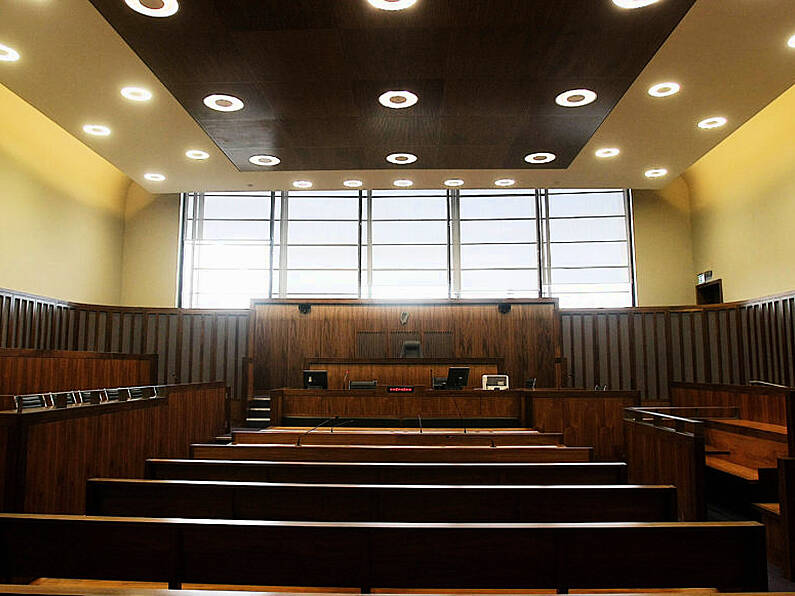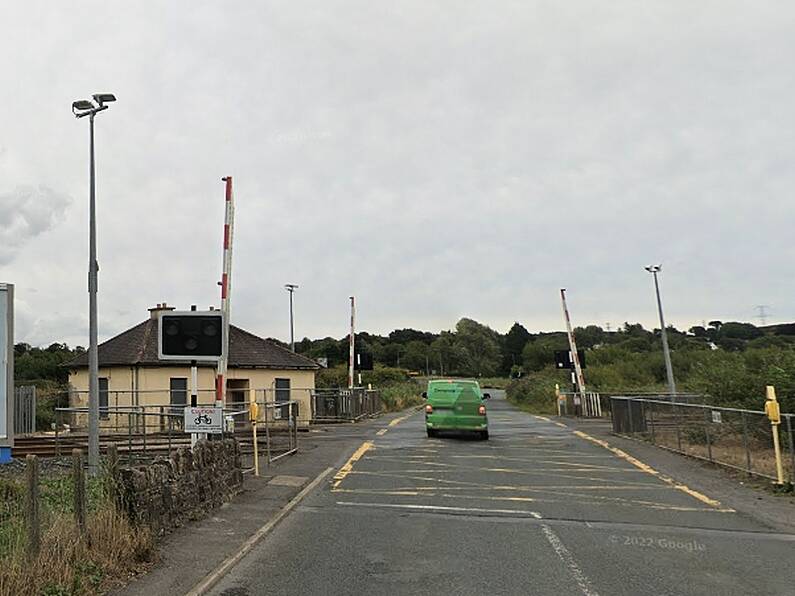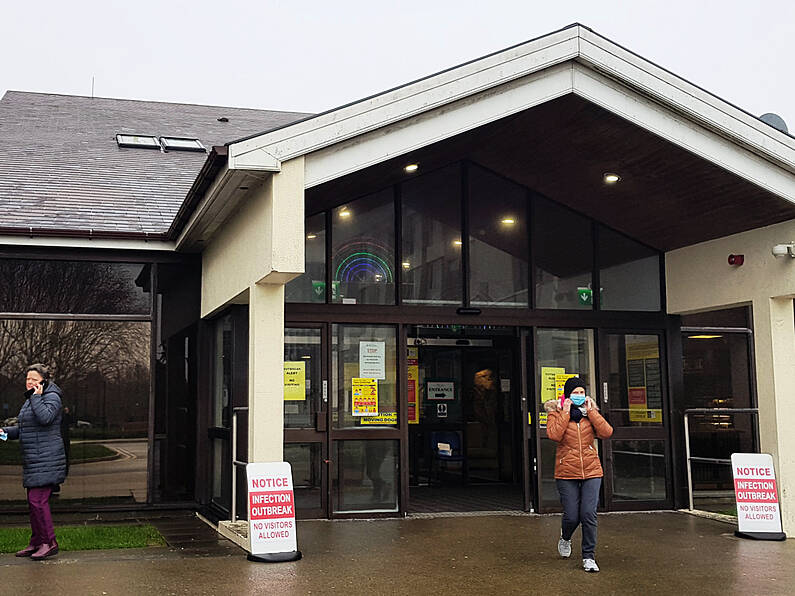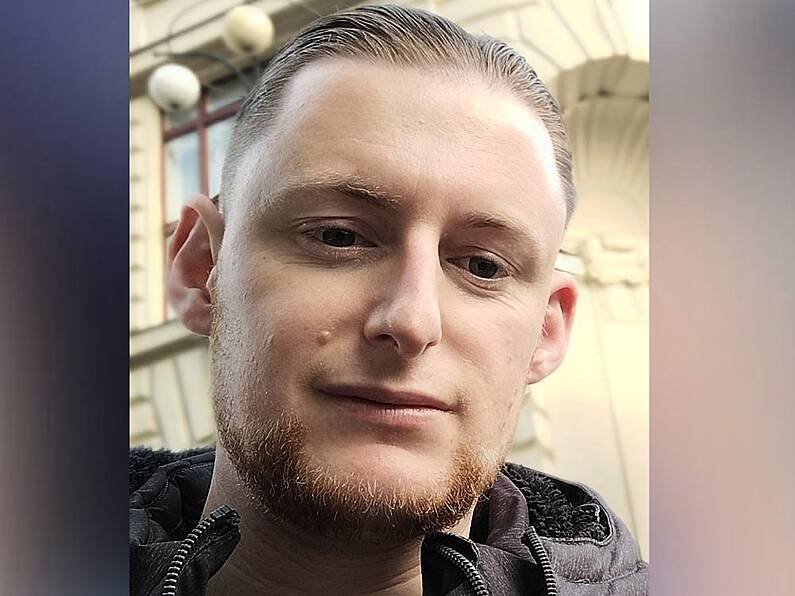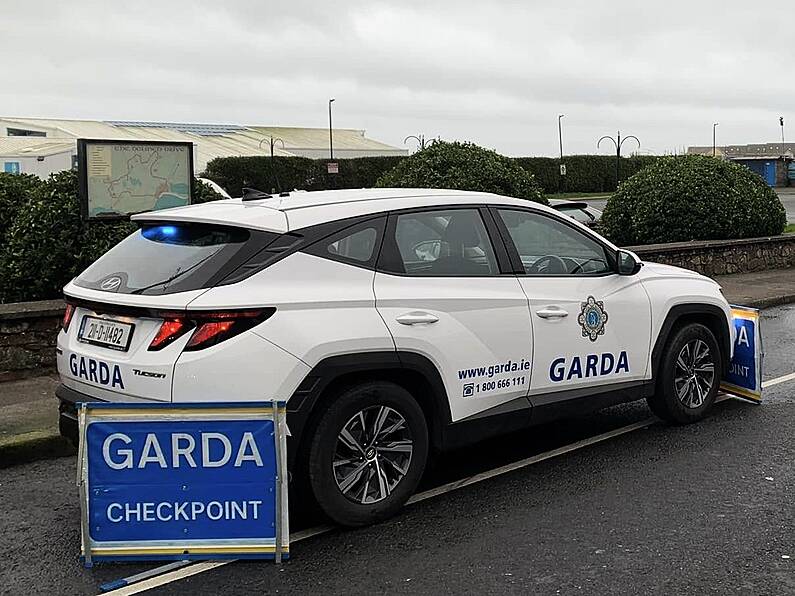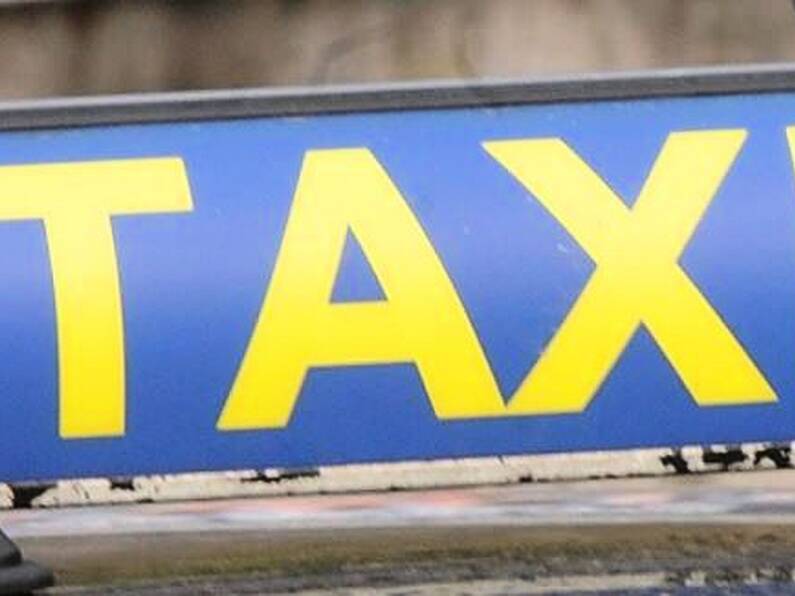A man who was sentenced to life imprisonment for the "brutal, horrendous" murder of a 60-year-old man in Waterford has launched an appeal against his conviction, with his lawyers arguing that admissions he made to gardaí should not have been admissible as evidence as he was without legal advice and intoxicated at the time.
Lawyers for Stephen Keane argued that his pre-detention conversations with gardaí and their notebook entries should not have been gone before the jury.
It was submitted that the trial judge erred in not excluding the evidence and there was a substantial risk that these admissions undermined the defence of intoxication.
In May 2021, Stephen Keane (33), of Coolfin Meadows, Portlaw, Co Waterford, was found guilty by a unanimous jury verdict of the murder of John Lowe (60) at his Portlaw home on December 13th, 2018.
He had pleaded guilty to manslaughter but not guilty to Mr Lowe's murder.
During the trial at the Central Criminal Court, Keane had claimed that he had an argument with Mr Lowe about an alleged theft of money from a silver box.
Keane had claimed to have hit Mr Lowe with "one punch" and said that he "knew he had killed him because he caught him clean".
The defendant also claimed that Mr Lowe came at him with a knife.
However, gardaí found neither a silver box nor a knife.
The trial heard that Keane had consumed alcohol and drugs and struggled with addiction for the majority of his life.
Evidence
Evidence was given by then Deputy State Pathologist Dr Michael Curtis that Mr Lowe suffered "multiple wounds" with the fatal blow being landed to the artery under the left ear.
Colman Cody SC, defending Keane, had argued at trial that his client was too drunk on the day to have intentionally killed Mr Lowe.
Moving to appeal his murder conviction today in the Court of Appeal, Mr Cody said that the trial judge Mr Justice Paul McDermott erred in ruling that alleged admissions made by Keane to members of An Garda Síochána in the course of pre-detention conversations were admissible.
He also submitted that the trial judge had erred in ruling that garda notebook entries relating to alleged admissions by Keane to members of An Garda Síochána were admissible.
Keane was present when gardaí arrived at the scene and made admissions to hitting the deceased. The appellant was arrested for an offence contrary to section 3 of the Non-fatal Offences Against the Person Act 1997 and placed in the rear of the patrol car of Garda Claire Walsh.
Keane had continued to provide information and admissions while under caution, repeating that he had "hit him one and he fell back".
Keane was interviewed on two occasions on December 13th and three occasions the next day. A number of witnesses gave evidence during the trial that Keane appeared to be intoxicated between the morning and afternoon of December 13th.
During the trial, Keane's barrister raised issues in relation to the interviews. A voir dire [a hearing in the absence of the jury] was held in relation to the admissibility of the interviews, due to his intoxicated and agitated state, and also in relation to the notebook entries made by Garda Walsh, which recorded various admissions made by the appellant in the pre detention stage but were not signed by Keane until the next day.
Interviews
The first two interviews which took place on December 13th were excluded from the jury but the verbal admissions taken by Garda Walsh were ruled admissible and evidence of same was led before the jury.
Mr Cody told the Court of Appeal today that his essential argument was that the trial judge, having applied the test of fairness to the appellant's first two interviews that he was under the influence of intoxicants, should have applied the same process and principles to notes taken by gardai and should not have admitted them into evidence.
"It is quite clear Mr Keane was acting in an obstructive and agitated manner and wasn't in full control at the time," he added.
Counsel further submitted that the notes taken by Garda Walsh containing admissions should have been excluded, particularly where they were made prior to Keane being formally detained and without access to legal advice, while the appellant was in a state of intoxication.
Counsel for the Director of Public Prosecutions, John O'Kelly SC, submitted that the trial judge had not taken a blanket approach and that there was no suggestion that when gardai first encountered the appellant that he was in an agitated state like that seen in his first two interviews.
He said there was no suggestion that the appellant was in an intoxicated state when he was arrested and had volunteered what was said to gardai in the patrol car.
Mr Justice John Edwards, who sat with Mr Justice Patrick McCarthy and Ms Justice Isobel Kennedy, said the court would give judgement on June 15th next.
Keane's mother gave evidence at the trial that her son kept saying "I only hit him once" when she arrived at the deceased's house with Mr Lowe slumped against the wall.
After his arrest, Keane was taken to University Hospital Waterford for bandaging of his swollen and bloodied hands.
The jury also heard that Keane had tried to resuscitate Mr Lowe and that he had returned to the scene with his mother. A 999 call was played for the jury during which the call-taker talked Keane and his mother through CPR.
Keane had also denied that he could murder Mr Lowe, as the defendant said he was his "only friend in the world".
By Alison O'Riordan
Keep up to date with all the latest news on our website Beat102103.com
